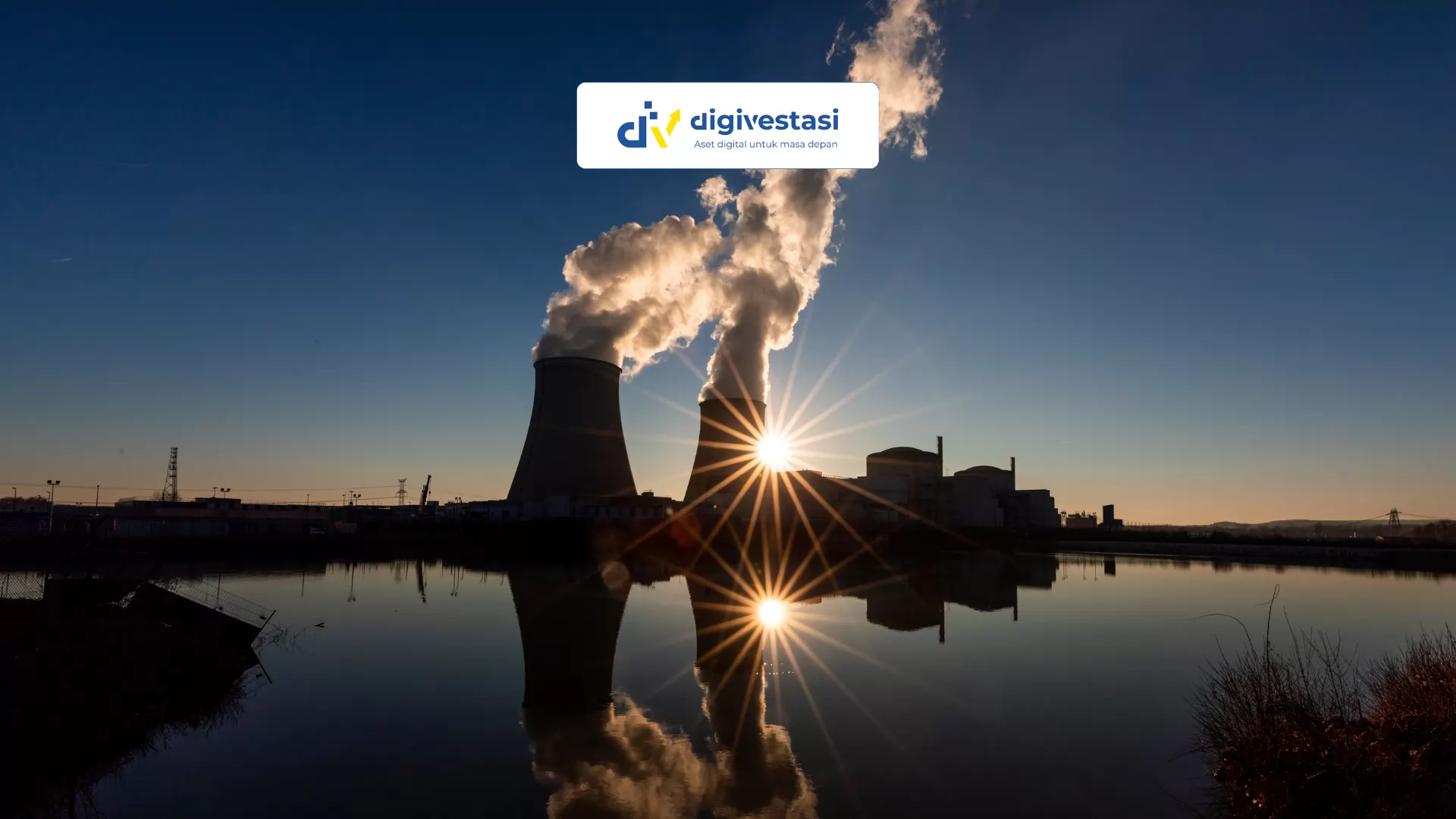
Saham News
Foreign Investors Quietly Buy These 10 Stocks - Check the List!
/index.php
Teknologi Terkini - Posted on 01 July 2025 Reading time 5 minutes

Alphabet Inc., the parent company of Google, has agreed to purchase 200 megawatts of electricity from the planned first commercial fusion power plant by Commonwealth Fusion Systems, which is expected to begin delivering electricity to the grid in the early 2030s.
In addition to this deal, Google has made a second investment in Commonwealth, a key player in the race to commercialize fusion energy, according to a statement released Monday. Google had already participated in a 2021 funding round led by Tiger Global Management, which invested US$1.8 billion in the company. However, the value of this new investment was not disclosed by either company.
Fusion technology, which seeks to replicate the process that powers the stars, holds the promise of generating abundant, clean energy. However, the engineering challenges remain daunting. To date, no company has been able to reproduce the 2022 breakthrough in a U.S. government lab that demonstrated the feasibility of the concept. Still, the potential for cheap, carbon-free power continues to attract interest from tech giants like Google, which needs to run massive data centers supporting its cloud infrastructure and artificial intelligence (AI) tools.
Training and deploying AI requires a significant amount of energy. Google and its competitors, including Microsoft Corp., have acknowledged that AI’s growing power demands complicate efforts to meet their climate goals.
“Scaling up AI also means accelerating advanced energy solutions to bring more clean power to the existing grid, so we can meet the growing electricity demand in the coming decade. It also means making bigger long-term bets,” said Michael Terrell, Google’s head of advanced energy. “I would definitely categorize this as a long-term play,” he added, referring to the deal with Commonwealth.
While this agreement with Google represents the largest known fusion energy deal to date, it remains modest when compared to the massive electricity requirements of major tech firms. A conventional nuclear power plant typically has a capacity of around 1 gigawatt, whereas 200 megawatts is comparable to a mid-sized solar power facility.
Commonwealth, a spinoff from the Massachusetts Institute of Technology (MIT), has raised over US$2 billion—far more than its competitors. In December, the company announced it had secured a site near a Dominion Energy Inc. natural gas plant in Virginia, where it intends to build its first commercial-scale fusion facility.
Fusion energy—and the dozens of startups pursuing it—has also captured the attention of prominent tech leaders, including Bill Gates (a supporter of Commonwealth), Jeff Bezos, and OpenAI CEO Sam Altman. In 2023, Microsoft agreed to buy a portion of the electricity produced by Helion Energy’s planned fusion plant, a startup backed by Altman and SoftBank’s Vision Fund 2.
Commonwealth is currently developing a demonstration system, called Sparc, at its headquarters in Devens, Massachusetts. The device is expected to achieve a key milestone by 2027—producing a fusion reaction that generates more energy than it consumes. That achievement would pave the way for Arc, a larger, commercial-scale version that could start operations in Virginia in the early 2030s.
Source: bloombergtechnoz.com
What do you think about this topic? Tell us what you think. Don't forget to follow Digivestasi's Instagram, TikTok, Youtube accounts to keep you updated with the latest information about economics, finance, digital technology and digital asset investment.
DISCLAIMER
All information contained on our website is summarized from reliable sources and published in good faith and for the purpose of providing general information only. Any action taken by readers on information from this site is their own responsibility.